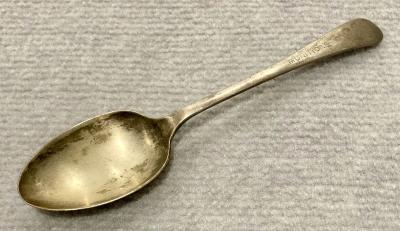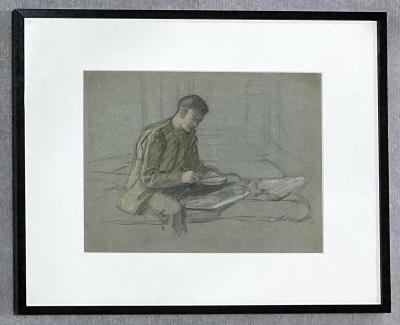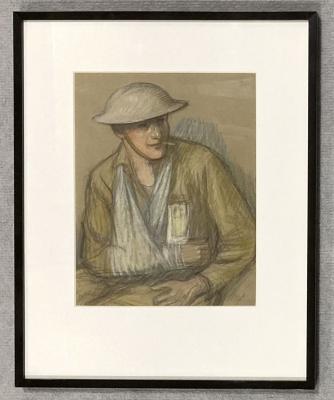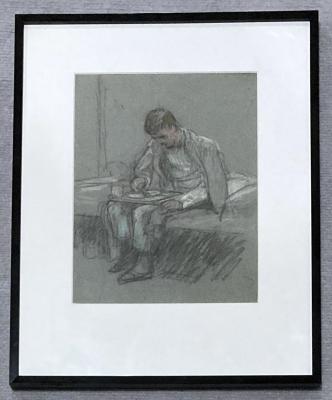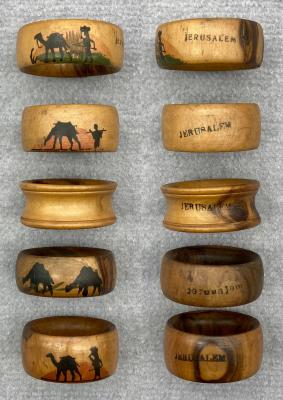Reverse glass painting memorial to Cunard Liner Lusitania
c. 1915Reverse glass painting memorial to the Cunard Liner, Lusitania, which was sunk by German torpedoes on 7 May 1915 during World War One.
The glass panel is rectangular in shape and features a depiction of the Lusitania at sea, smoke billowing from her four funnels. The hull is black while the superstructure is white and the funnels are silver with black tops.
There are mother of pearl or abalone shell highlights underneath the glass which reflect the light when viewing from above. There is a painted gold border to the glass.
There is writing along the lower edge which reads 'Cunard Liner Lusitania; torpedoed by Germans without warning May 7th 1915; 1441 lives lost; during the Great War.'
The panel is backed by a thick card two piece frame. The top layer is rectangular with a few decorative scallops and this sits on top of a diamond shaped board with straight edges. A loop of string is attached to the top of the diamond for hanging.
The upper surface of the card is covered with what appears to be velvet fabric, much of which has worn away over time. This has been painted silver at a later time, but the underlying thread pattern is still visible.
The reverse is covered with ribbed brown card or paper with paint spots and other blemishes.
The RMS Lusitania was a luxury British passenger liner built by the Cunard Line and launched in 1906. On 7 May 1915, while sailing from New York to Liverpool, the Lusitania was hit by a torpedo from the German submarine U-20, followed by a second, more powerful explosion, sinking in 18 minutes. Of the 1959 people on board, 1197 died, including 123 Americans. This was one of several events which contributed to the sentiment that led to the U.S. entering the war in 1917. Interestingly, the number of lives lost according to this contemporary glass memorial was 1441.
As with the other reverse glass painting of the hospital ship S.S. Braemar Castle, the details written were designed to promote public outrage and patriotic fervour. In this case, the number of casualties recorded from the loss of the Lusitania was overstated and Germany had warned of potential attacks in British waters and the warnings were ignored. The S.S. Braemar Castle was allegedly 'sunk by the Germans without warning', when it fact it didn't sink and struck a mine rather than being actively targeted. Two examples of wartime propaganda.
Reverse glass painting consists of several layers of paint applied to one side of the glass while the painting is viewed from the other side. In creating such a painting, the sequence of paint application is reversed. The foreground and highlights are painted first and then the layers are built up, with the background applied last. With these paintings, the glass fulfils several functions: a painting substrate, a protective layer of plain glass and a coating which performs an aesthetic function by making the colours more saturated.
Sometimes, transfers or decals are also applied to the glass. The printing and black outlines on this example may be a transfer, with the paint used to add colour.
Details
Details
On lower section of glass painting:
"CUNARD LINER LUSITANIA
TORPEDOED BY GERMANS WITHOUT WARNING MAY 7TH 1915
1441 LIVES LOST
DURING THE GREAT WAR"
Related Objects
Related Objects
Other items from Recollections of War
- Allbrite nickel silver spoon stamped with 'Munitions'
- 'Wounded in foot on bed' by Florence White 1918
- 'Wounded smoking cigarette' by Florence White 1918
- 'Wounded eating on bed' by Florence White 1918
- Souvenir olive wood napkin rings from Jerusalem
- Souvenir olive wood and carved mother of pearl trinket box from Jerusalem
- Souvenir powder compact with carved mother of pearl inlay from Palestine
- Framed painting on black velvet of Middle Eastern scene
- Souvenir olive wood adjustable book shelf from Jerusalem
- Souvenir timber book with hidden opening from the Middle East
- Christmas card sent from the Holy Land by Godfrey Edward Wignall
- Mother of Pearl camel brooch sent from Bethlehem by Theophilus Thomas Walters
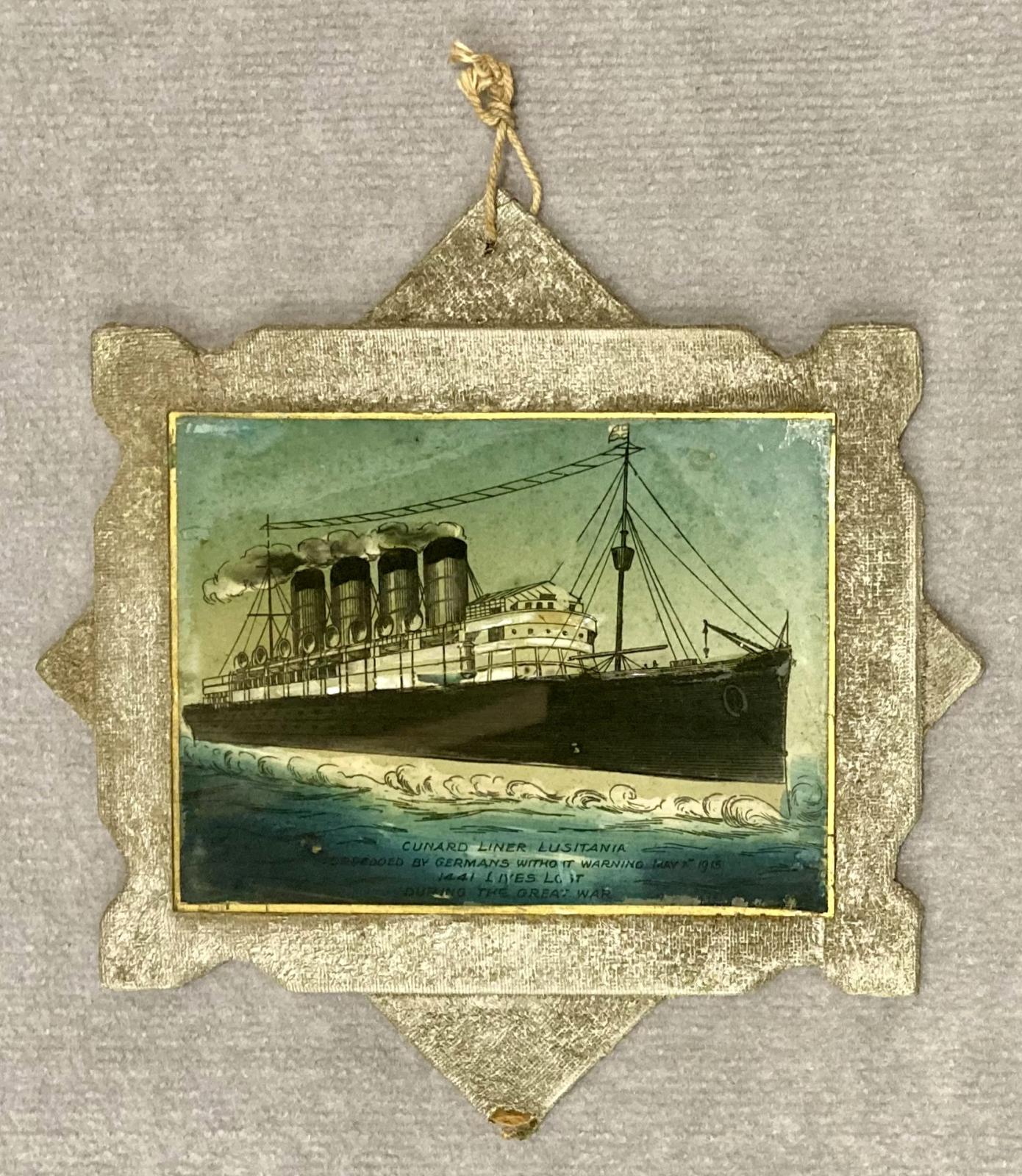
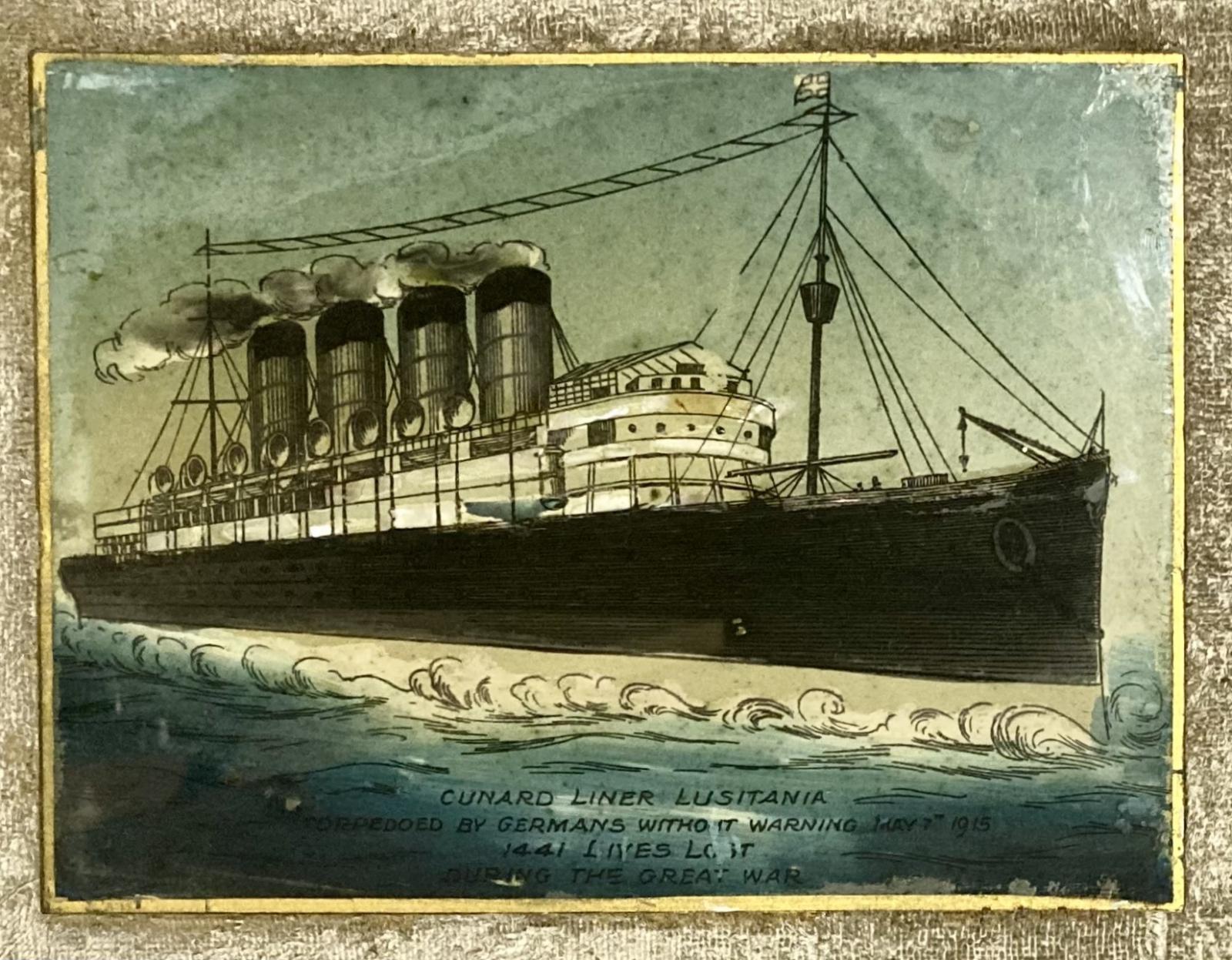

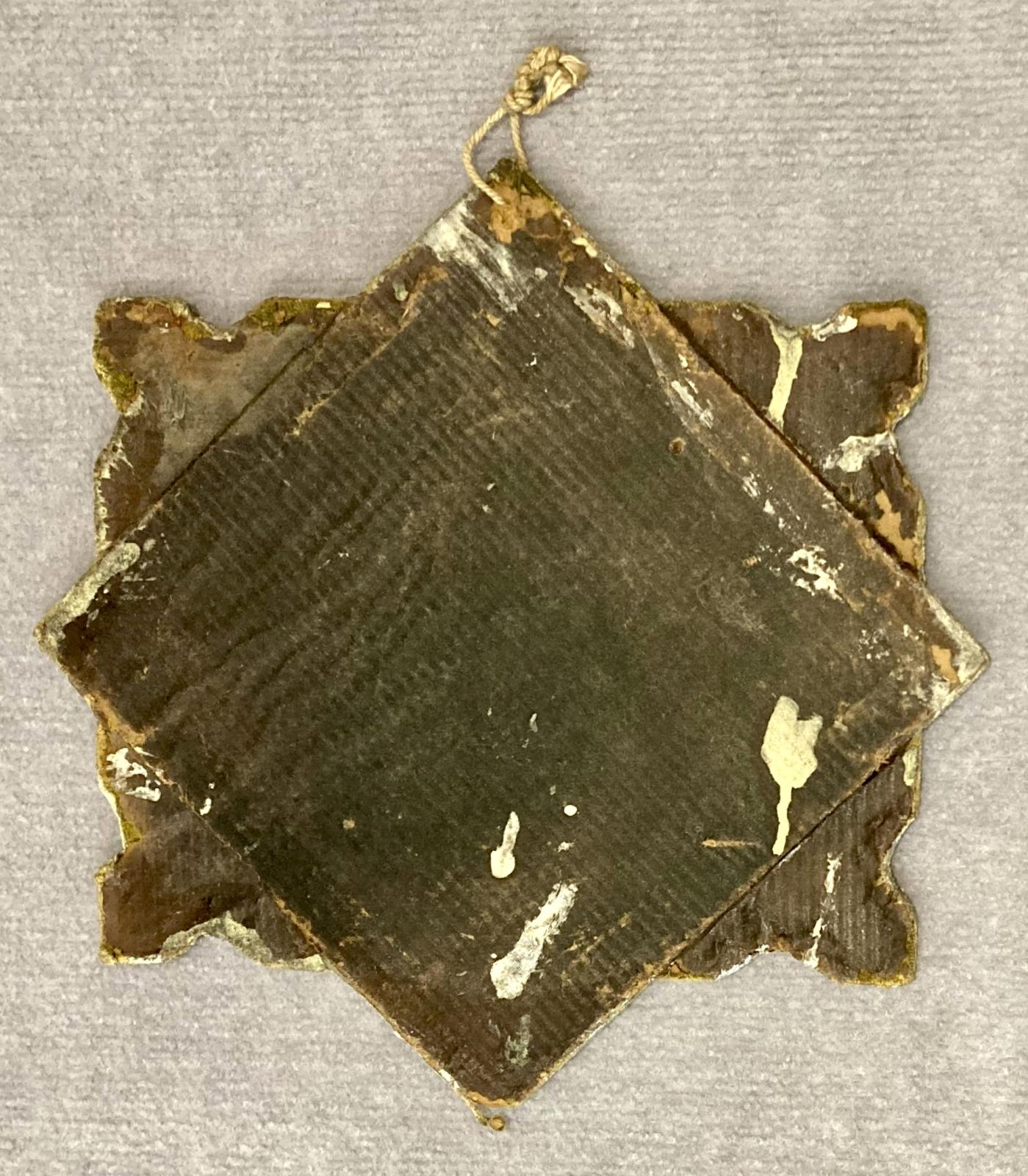
Scan this QR code to open this page on your phone ->

